|
The birth of Manya, her fifth child, led her mother to resign her position as head of a school, where the family had resided until then. They moved to a boys' high school, where Vladislav taught math and physics and earned a good salary. Eventually, however, the Russian supervisor in charge of the school fired him for his pro-Polish sentiments. “Constantly held in suspicion and spied upon, the children knew that a single conversation in Polish, or an imprudent word, might seriously harm, not only themselves, but also their families.” |
|
|
Although Sklodowski would never forgive himself for losing the family savings in a bad investment, the children honored him for nurturing them emotionally and intellectually. On Saturday nights he read classics of literature to Maria and her siblings. He also exposed them to the scientific apparatus he had once used in teaching physics but now kept at home, since the Russian authorities had eliminated laboratory instruction from the Polish curriculum. |
|
|
Manya was the star
pupil in her class. Her personal losses did not impede her academic
success, but the pleasure of being awarded a gold medal at her high
school graduation in 1883 was blunted because it meant shaking the
hand of the grandmaster of education in Russian Poland. After graduating
at 15, Manya suffered a collapse that doctors thought was due to
fatigue or "nervous" problems -- today it might be diagnosed
as depression. At her father's urging Manya spent a year with cousins
in the country. A merry round of dances and other festivities, it
would be the only carefree year of her life. |
|
|
This fly-by-night education could not match the curriculum at any of the major European universities that admitted women. Although Maria understood this fact, at the Floating University she did get a taste of progressive thought and an introduction to new developments in the sciences. |
“It was one of those groups of Polish youths who believed that the hope of their country lay in a great effort to develop the intellectual and moral strength of the nation....we agreed among ourselves to give evening courses, each one teaching what he knew best.”--Marie Curie |
||
| |||
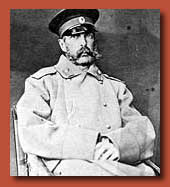
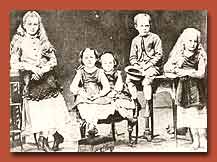
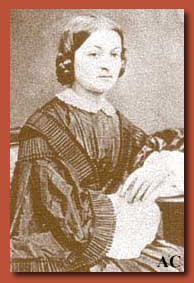
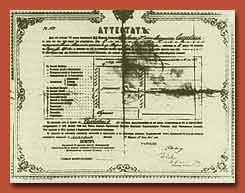
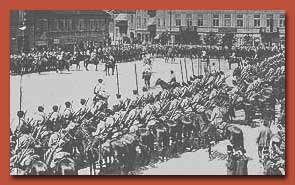
No comments:
Post a Comment